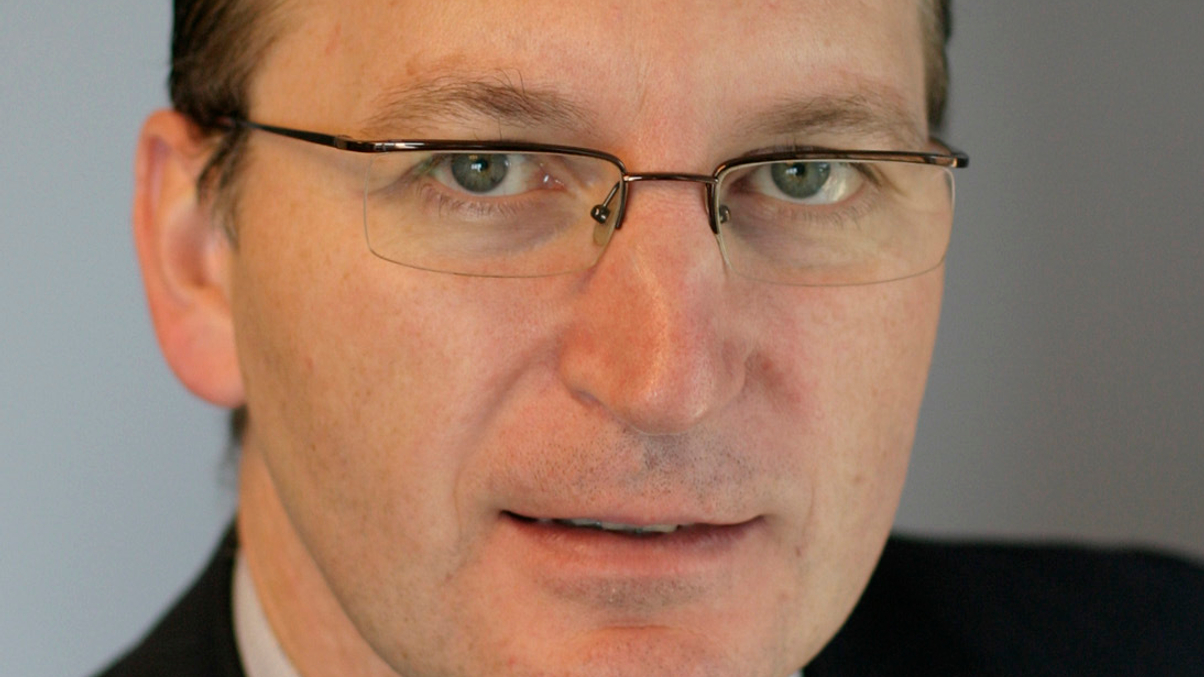US default worries are a ‘cry wolf’ situation: MFS
A last-minute agreement on the US debt ceiling will be reached, says Jeffrey Morrison of MFS Investment Management, who sees emerging-market rate tightening as a greater concern.

Jeffrey Morrison is an institutional portfolio manager, who joined MFS Investment Management in 2006 and has 22 years of experience in the industry as an equity portfolio manager, capital markets analyst and trader. Boston-based MFS manages around $240 billion in assets globally, 11% of which is sourced from the Asia-Pacific region.
Sign in to read on!
Registered users get 2 free articles in 30 days.
Subscribers have full unlimited access to AsianInvestor
Not signed up? New users get 2 free articles per month, plus a 7-day unlimited free trial.
¬ Haymarket Media Limited. All rights reserved.


